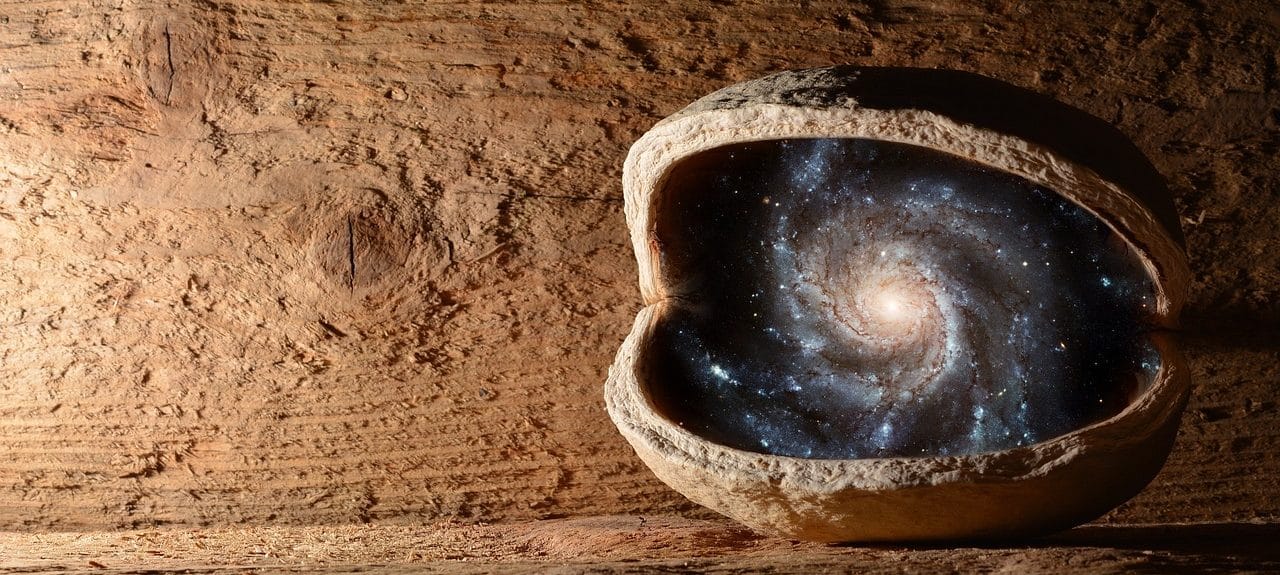
Stephen Hawking carried out numerous studies, theories and predictions about black holes, among other scientific contributions.
Stephen Hawking is, was and will be one of the most outstanding scientists in history. There are many tributes and awards that have exalted the figure of this Briton who, for example, carried out research on the so-called Hawking radiation .
There are several valuable and interesting contributions made by this man who was born in the English city of Oxford when, in 1942, the calendar marked January 8. Throughout his existence he studied a lot trying to answer existential questions and explain different phenomena, he disseminated relevant information, shared numerous theories and predictions, encouraged debates and generated controversies with some of his statements. He dealt, to mention one of his many challenges, with providing a resolution to the paradox of information loss in black holes .
His professional career reflects his facets as a scientific communicator, theoretical physicist, professor, cosmologist and astrophysicist. Black Holes and Baby Universes and Other Essays (book) and A Brief History of Time (documentary) are two of the works that invite you to appreciate the work of Hawking , who had three heirs as a result of his relationship with Jane Wilde Hawking (first wife) .
Education and training of Stephen Hawking
When focusing on the experiences of Stephen Hawking, it is worth focusing on the education and training that this descendant of the couple formed by Isobel Eileen and Frank Hawking had.
After being a student at academic institutions in St Albans towards his first decade of life, this expert expressed his intention to study mathematics but his father took him to University College belonging to the University of Oxford, which had had him as a student. There it was not possible to pursue the career that Stephen wanted, which is why he chose to enroll in natural sciences and benefited from a scholarship. Later he decided to specialize in physics. At that time, his interests revolved around quantum mechanics, relativity and thermodynamics.
In 1962 he obtained his bachelor's degree from Oxford and went to Trinity Hall at the University of Cambridge with the aim of pursuing a postgraduate degree. In 1966, Hawking completed his doctorate in physics .
In those years, unfortunately, the first signs of illness began. In this regard, it cannot be overlooked that he suffered from ALS (Amyotrophic Lateral Sclerosis ) and, however, he knew how to adapt to his reality to continue training and working. Proof of this is that for three decades he headed the Lucasian Chair of Mathematics in Cambridge . In said university center, he even participated in the Center for Theoretical Cosmology with the position of research director. He also attended the California Institute of Technology where he shared work experiences with Kip Thorne , one of his friends.

Both the origin and the evolution of the universe motivated many studies and analyzes by Stephen Hawking, promoter of, for example, a theory centered on a model of the universe without limits.
Scientific contributions
The scientific contributions made by the person responsible for publications such as The Universe in a Nutshell (book) abound.
In the company of a colleague of his named Roger Penrose , to remember one of his professional actions, taking as inspiration the theory of general relativity launched by Albert Einstein, he gave content to a work that became known as Penrose-Hawking singularity theorems .
His collaboration with D. Robinson , Brandon Carter and Werner Israel resulted in the laws on which the so-called thermodynamics of black holes is based, while with Bernard Carr he was in charge of proposing as a possibility the hypothesis of the formation, at the beginning of the expansion of the universe , of primordial black holes that could represent all of the dark matter present in the universe .
The Hartle-Hawking State , meanwhile, is the result of his shared work with the North American theoretical physicist James Hartle , as well as in the company of Thomas Hertog he formulated a theory that does not rule out the possibility of more than one initial state in the early days of the universe. The latter collected in “On the Origin of Time” contributions and proposals made by Stephen in the final stretch of his life about the joint evolution (simultaneous and parallel) of the universe and the laws that govern physics.

"The universe in a nutshell" is one of the books that belong to the production of Stephen Hawking.
Honors and distinctions for Stephen Hawking
Stephen Hawking , whose death occurred in mid-March 2018 and who can be remembered or known in depth thanks to audiovisual content such as “The Theory of Everything” or “Hawking” , was worthy of a wide number of honors and distinctions .
Among his greatest achievements are the Prince of Asturias Prize for Concord that was awarded to him in 1989, the Presidential Medal of Freedom and the Yuri Milner Prize (officially the Special Prize for Fundamental Physics , a motorized stimulus and financially supported by the Yuri Milner Foundation ). .
To this list of decorations we must add a Copley Medal and the Fonseca Prize for scientific dissemination , among many other recognitions that were received by the astrophysicist who, before physically leaving this world, left what would be his shocking last theory: that, Since the Big Bang , the universe (which I visualized as a disk) was becoming a hologram of immense complexity.
